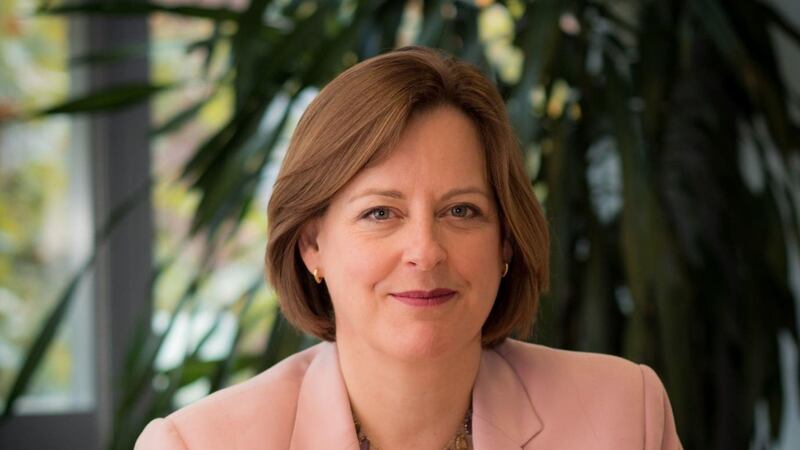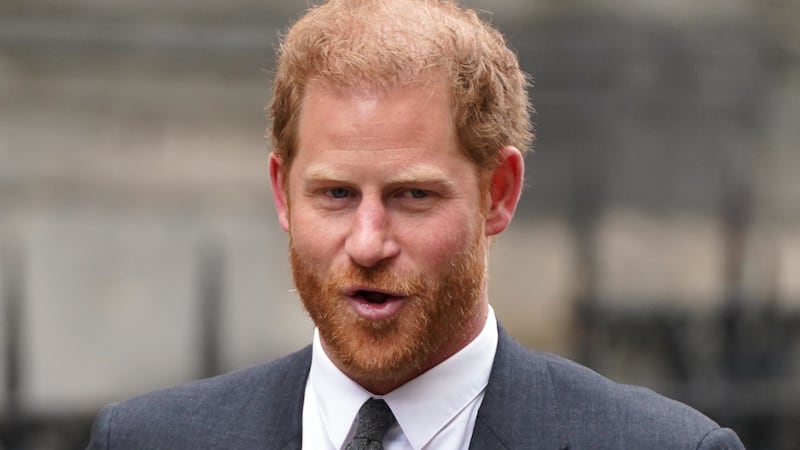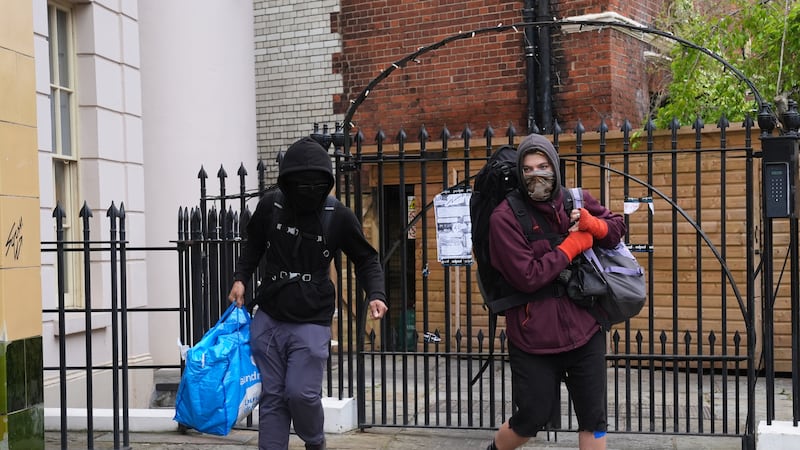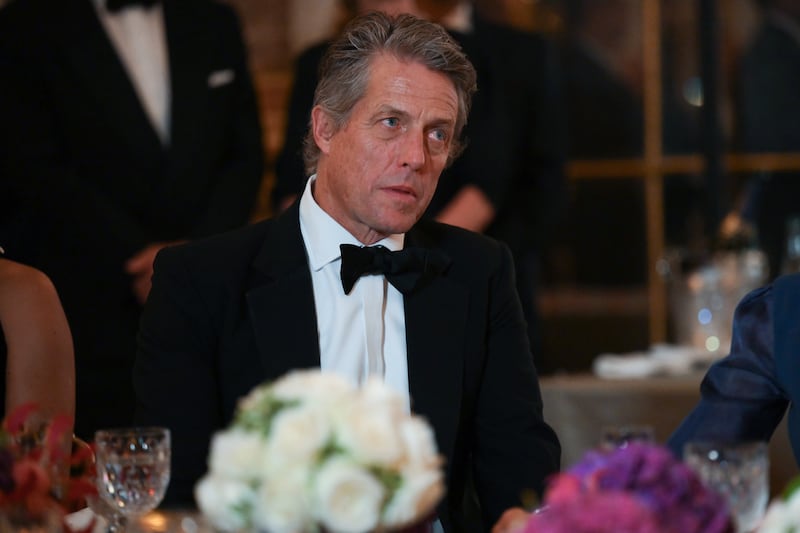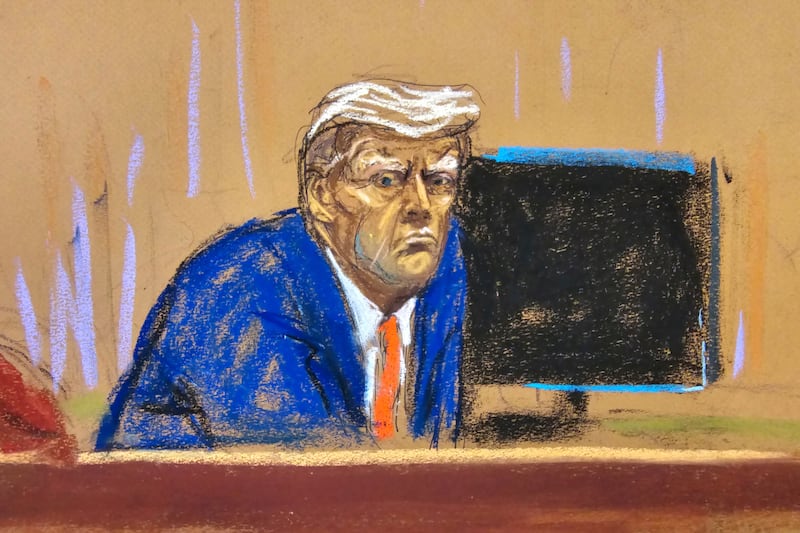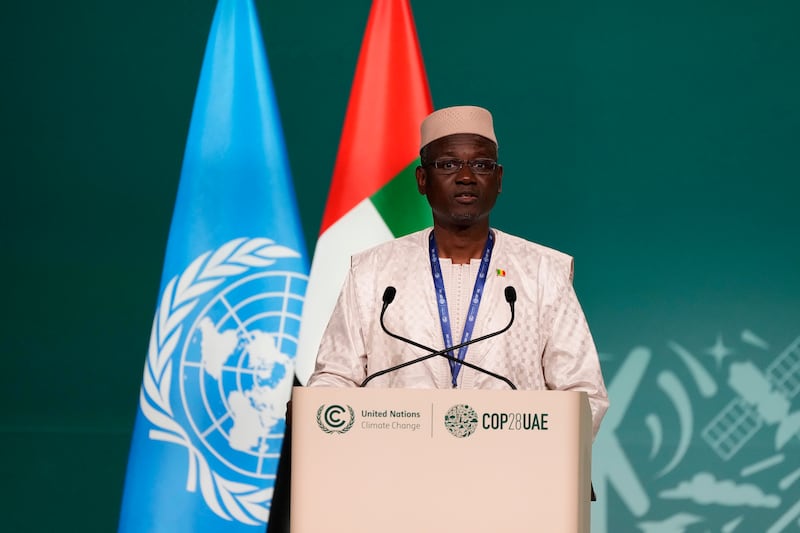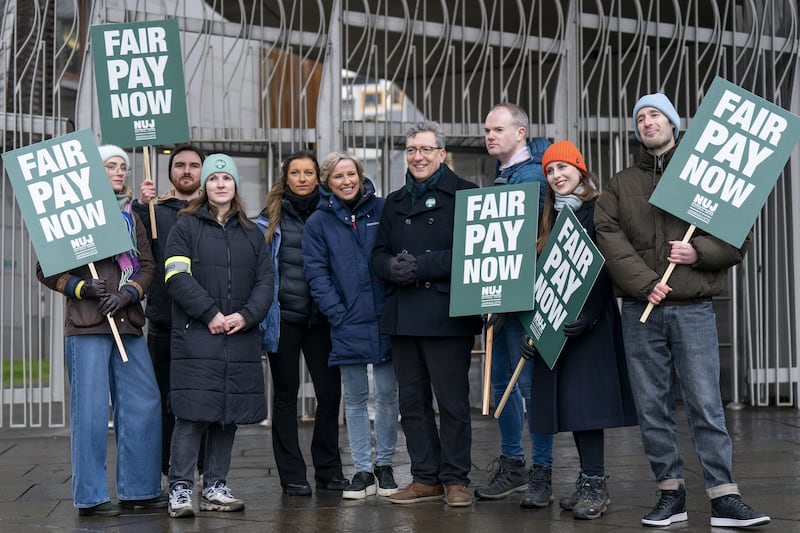The head of Ofcom has said the BBC needs to be “much more transparent and open with its audiences” in relation to the way it handles complaints and perceptions of impartiality.
The UK’s media watchdog has been reviewing the broadcaster’s performance as they approach the mid-point in the BBC’s Charter period.
As part of the review, Ofcom have tracked audience experience, interaction and feelings towards the BBC.
The BBC must transform the way it serves audiences. We’ve found:
➡️Many people don’t have confidence in its complaints process ➡️It’s rated highly for trust and accuracy, but less favourably for impartiality
We’re proposing some changes, read them here: https://t.co/SZDM9TyBnb
— Ofcom (@Ofcom) June 22, 2022
Ofcom chief Dame Melanie Dawes said: “Viewers and listeners tell us they aren’t happy with how the BBC handles their complaints, and it clearly needs to address widespread perceptions about its impartiality.
“So we’re directing it to respond to these concerns, by being much more transparent and open with its audiences.
“The BBC must also adapt quickly to keep up with changes in what audiences want, and how they get their content.
“We’re doing our bit, by future-proofing our regulation so the BBC can continue its transformation for the digital age.”
The Ofcom research found 11% of adults had cause to complain about the BBC in the last year – the highest level among broadcasters but lower compared with other industries.
🔎 Our research shows that the BBC’s impartiality remains a key concern with its audiences.
We believe the BBC needs to understand why this is and do more to address people’s concerns.
1/3
— Ofcom (@Ofcom) June 22, 2022
The complaints mostly related to bias as well as misleading and dishonest content, with Ofcom research suggesting the BBC “is more than twice as likely to attract complaints about these issues compared to other public service broadcasters”, the report said.
Ofcom added that although viewers rate news and current affairs highly for trust and accuracy, they view it less favourably in regards to impartiality.
The report said: “We are now directing the BBC to change its policy and publish sufficient reasoning in cases where it decides not to uphold due impartiality and due accuracy complaints.
“We are also expecting the BBC to alert us at an early stage to potential serious editorial breaches.
“This will allow us to better scrutinise how the BBC’s complaints process is working in practice and, if necessary, to intervene early to protect audiences.
🗣️ But impartiality is a complex issue in the current politically polarised climate – and it’s driven by more than just content.
Our research shows different audiences reach completely opposing conclusions when judging the impartiality of the same news content.
2/3
— Ofcom (@Ofcom) June 22, 2022
“If the BBC fails to do this, we will recommend that the Government makes this a legal requirement.”
Ofcom also proposed to update their Operating Licence which will require the BBC to be more transparent; set new requirements on the BBC’s online services and will give the BBC more flexibility to adapt and innovate to better serve audiences.
The Operating Licence sets the regulatory conditions that Ofcom considers appropriate for requiring the BBC to fulfil its Mission and promote the Public Purposes, its website said.
The next consultation on the BBC’s new Operating Licence is open until September 14 with the final decision and updated licence expected in early 202 – in time for it to take effect on April 1 next year.
In a statement, the BBC said: “Like any organisation we work to make continuing improvements, which is why we published a 10-point plan on impartiality and editorial standards last year.
📝 We also found that the closer people feel to a story, the more likely they are to have strong beliefs and emotions about it.
Audiences have higher expectations of the BBC’s impartiality because of its unique position. Read more from our findings ⬇️ 3/3 https://t.co/SZDM9TyBnb
— Ofcom (@Ofcom) June 22, 2022
“Everyone knows this is an absolute priority for the BBC, and Ofcom rightly recognises impartiality is a complex area, audiences hold us to a higher standard than other broadcasters and that we have a good record of complying with broadcasting rules.
“In addition, the BBC has the most thorough and transparent complaints process in UK media and we are committed to being accessible and accountable to our audiences. We will work with Ofcom to make further improvements to this system.”
The report comes following the publication of the Government’s broadcasting White Paper which includes plans for Ofcom to regulate streaming platforms to “protect audiences” from “harmful material”.
It also comes as the future of the BBC licence fee has been called into question. Culture secretary Nadine Dorries announced earlier this year that the licence fee will be frozen for the next two years, confirming she wants to find a new funding model before the current deal expires in 2027.
